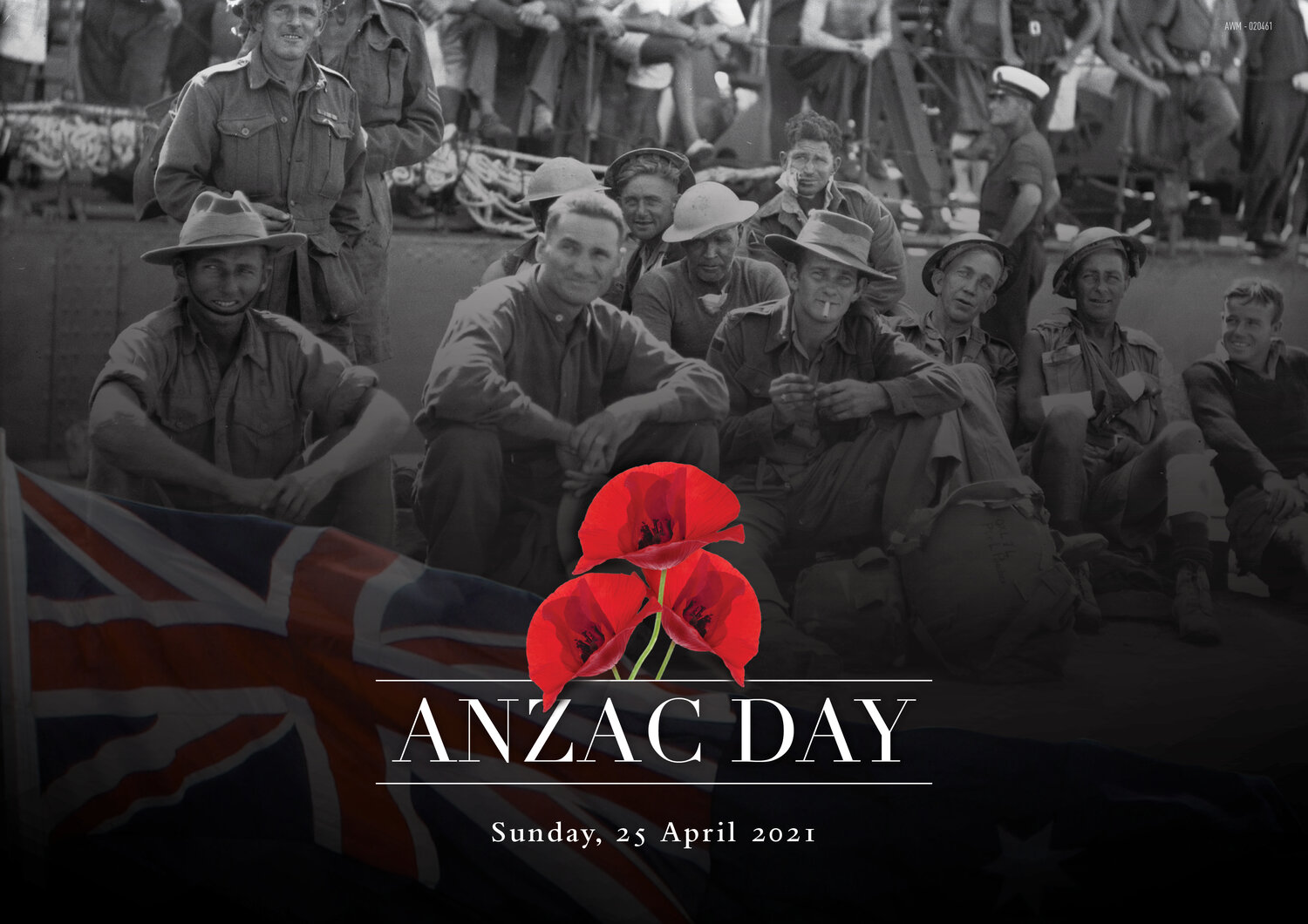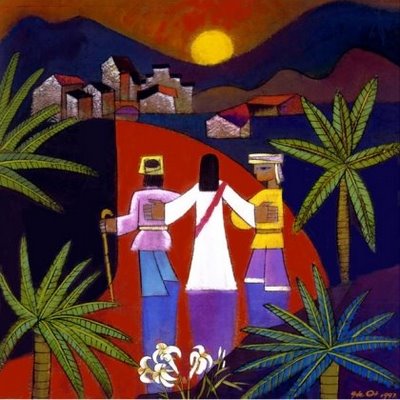
The very first thing Jesus did during his ministry was to call several people to be his followers or disciples. They were to spend time with Jesus and watch and learn from him. One of the very last things that Jesus does is instruct these followers how they are to live and what their priorities are to be when he is no longer with them. Each of the Gospel accounts records these guidelines in some form.
In John’s Gospel these guidelines take the form of a long farewell address that occupies chapters 13-17 of this book. There are several themes that emerge including the call to love one another, the promise of another helper or advocate, the Holy Spirit, to guide and encouragement the community, the call to remain connected with Jesus, the true vine, and the warning that the road ahead will not be easy but rather may well include rejection and persecution. If the community of Jesus’ followers will take on board these key messages they will experience the peace and joy of Jesus’ ongoing presence with them, through God’s Spirit. These chapters are written to people like us, who live in the time after Jesus. Clearly some of these guidelines are easier to follow than others, but all are needed to give a realistic picture of what it is like to follow the way of Jesus. I wonder which of these guidelines comes more easily to you and which you find more troublesome. Do we get to pick and choose?




